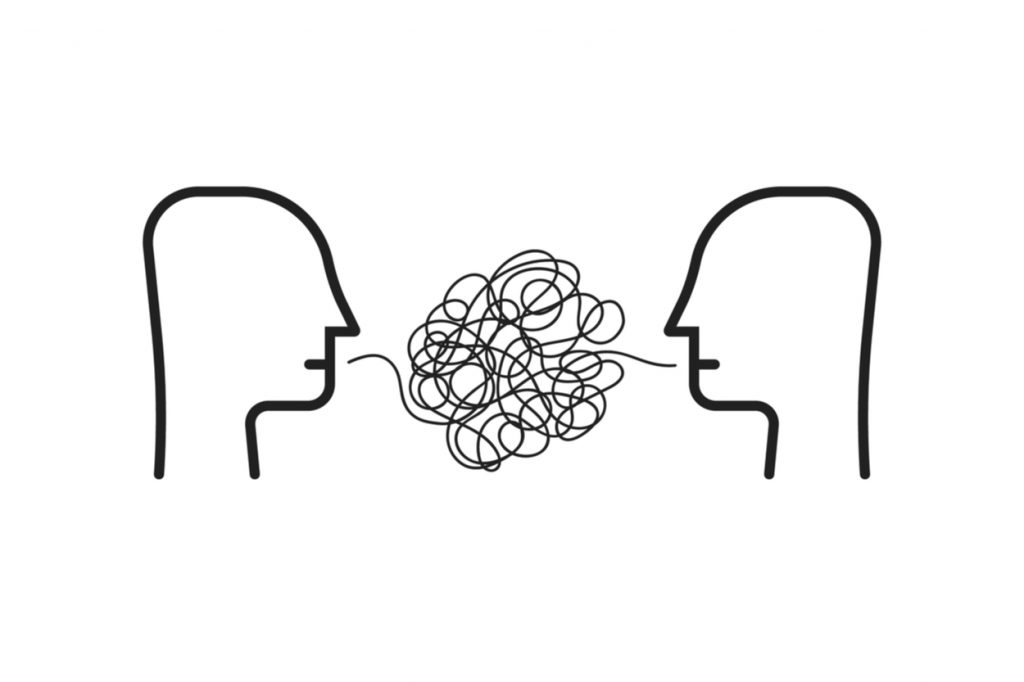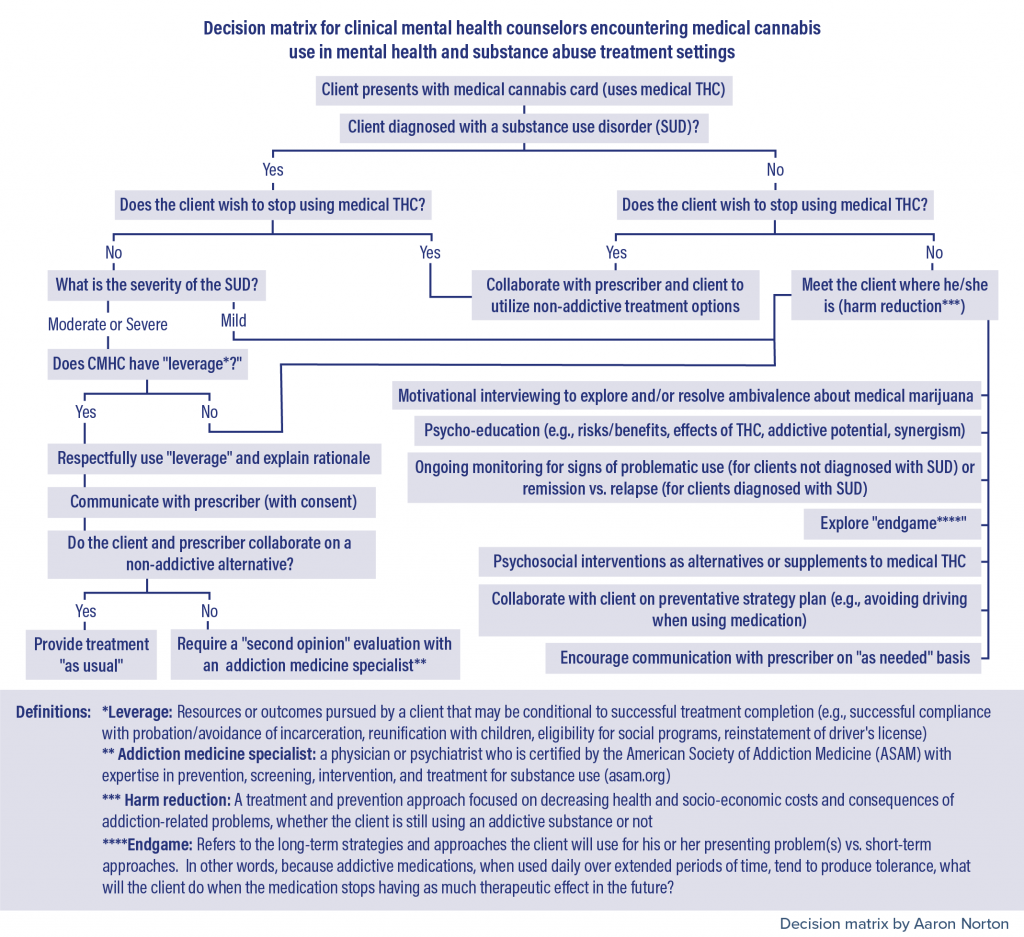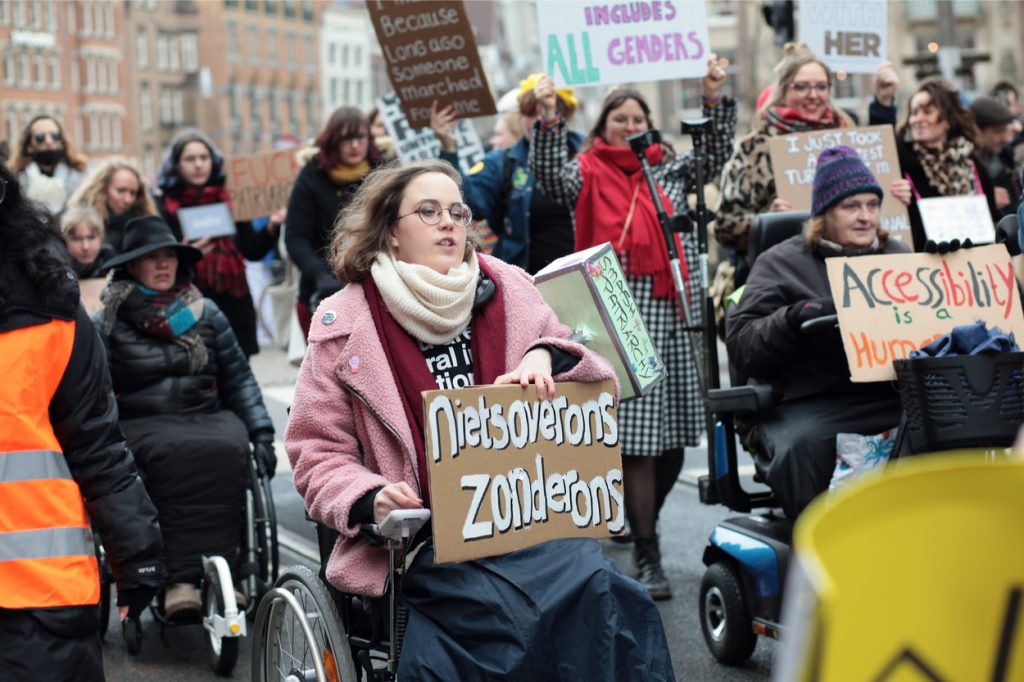Explore Counseling Today Articles
-
 Breaking the binary: Transgender and gender expansive equalityApril 2022 |By Mickey White, Tracy Peed, Jane Rheineck and Suzy Wise
Breaking the binary: Transgender and gender expansive equalityApril 2022 |By Mickey White, Tracy Peed, Jane Rheineck and Suzy WiseThis piece is the first in a series of three monthly articles for CT Online. It is the result of the work of ACA President S. Kent Butler’s Gender Equity Task Force.
-
 Suicide attempt survivors: How counselors can help with disclosuresApril 2022 |By Joan M. Flynn
Suicide attempt survivors: How counselors can help with disclosuresApril 2022 |By Joan M. FlynnBecause suicide attempt survivors are at higher risk for both fatal and nonfatal suicide attempts, disclosure of past attempts is an important aspect of their mental health treatment.
-
 The impact of legalized marijuana on professional counselingMarch 2022 |By Bethany Bray
The impact of legalized marijuana on professional counselingMarch 2022 |By Bethany BrayWith more states legalizing marijuana for medical and recreational use, counselors are being forced to consider the potential pros and cons in their work with clients.
-
 Self-diagnosis in a digital worldMarch 2022 |By Lindsey Phillips
Self-diagnosis in a digital worldMarch 2022 |By Lindsey PhillipsThanks to the popularity of social media postings about mental health and the ease of searching for symptoms online, more people are being tempted to self-diagnose, but is that necessarily a troubling trend for counselors?
-
 The rise of counselors on social mediaMarch 2022 |By Lindsey Phillips
The rise of counselors on social mediaMarch 2022 |By Lindsey PhillipsMore people are turning to social media for mental health advice, so how can counselors use the platforms to educate others while still maintaining their own boundaries?
-
 Counselor burnout during COVID-19March 2022 |By Carrie L. Elder, Elizabeth K. Norris and Leann M. Morgan
Counselor burnout during COVID-19March 2022 |By Carrie L. Elder, Elizabeth K. Norris and Leann M. MorganThree research studies suggest that counselors did not burn out at a higher-than-normal rate during the first year of COVID-19, but the experience of pandemic fatigue remains an ongoing challenge.
-
 Why your own therapy is so important as a counselorFebruary 2022 |By Scott Gleeson
Why your own therapy is so important as a counselorFebruary 2022 |By Scott GleesonWhen clinicians shy away from engaging in therapy themselves, they are limiting their ability to be effective counselors.
-
 Peer support, mad pride and disability justiceFebruary 2022 |By Luke Romano
Peer support, mad pride and disability justiceFebruary 2022 |By Luke RomanoTurning toward the critical feedback that these social movements have for the mental health professions can aid counselors in repairing ruptures and strengthening the therapeutic work.
-
 Stress vs. anxiety vs. burnout: What’s the difference?January 2022 |By Lindsey Phillips
Stress vs. anxiety vs. burnout: What’s the difference?January 2022 |By Lindsey PhillipsPeople often view stress, anxiety and burnout as three interchangeable conditions, but understanding what differentiates them can help in addressing what lies at the heart of each.
-
 Making every moment of clinical supervision countJanuary 2022 |By Tiffany Warner
Making every moment of clinical supervision countJanuary 2022 |By Tiffany WarnerA three-step method can help counselor supervisors use their limited time more efficiently while building strong competency in supervisees.
Search CT Articles
Filter CT Articles
Current Issue
Sign Up for Updates
Keep up to date on the latest in counseling practice. Sign up to receive email updates from Counseling Today.


